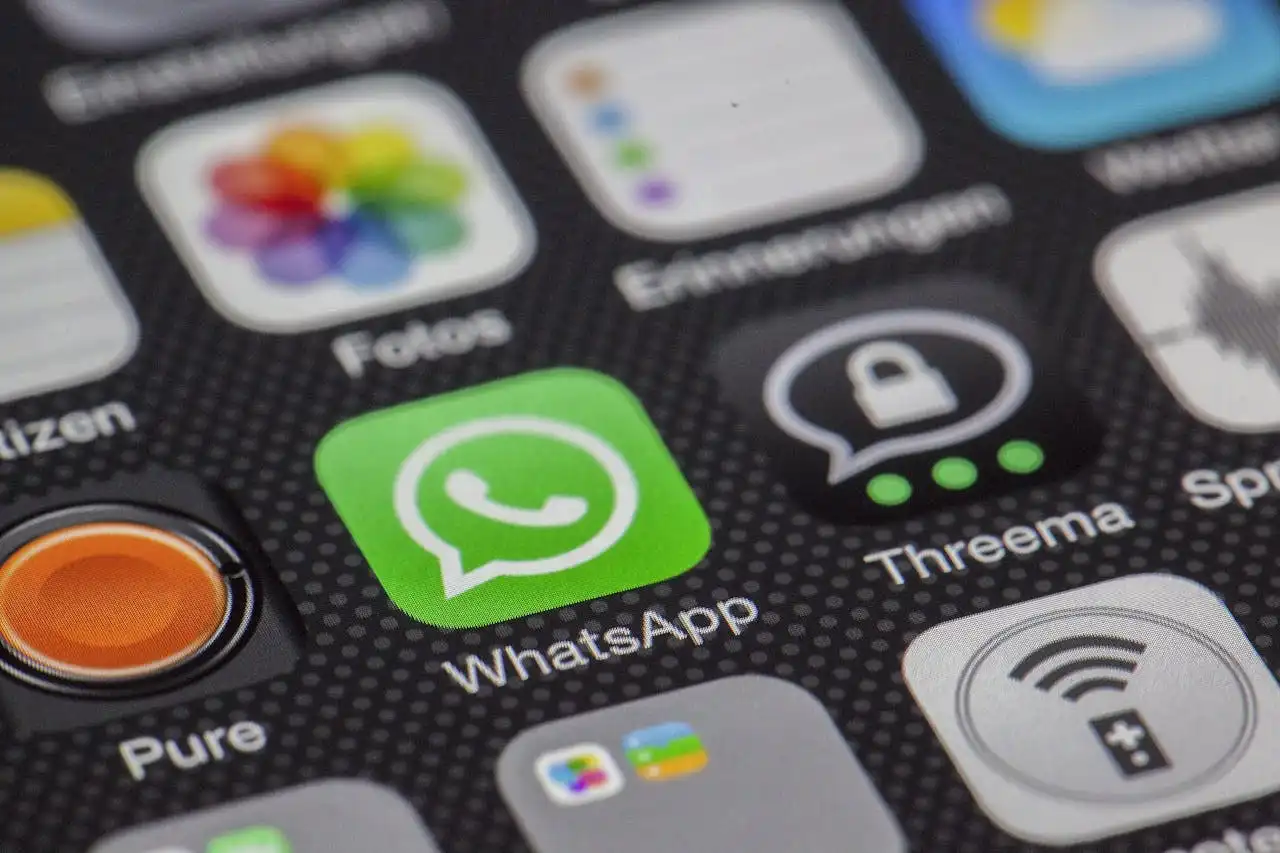South Korea Says "No More Pixels, More Pencils!" in Classrooms
Muhe - Thursday, 28 August 2025 | 03:00 PM (WIB)


The Digital Dilemma: Why Now?
Let's be real, the smartphone isn't just a communication tool; it's a portal to an infinite universe of distraction. From viral TikTok dances to intense gaming sessions, from endless scrolling through Instagram to group chats lighting up with the latest gossip, the allure is powerful. And when that allure infiltrates the classroom, it creates a formidable challenge. Teachers have been battling an uphill struggle, constantly competing for students' attention against devices designed to be utterly captivating. It's like trying to lecture while a fireworks display is going off in the corner – impossible to ignore.This isn't just about a few kids sneaking a peek at their phones. We're talking about a noticeable rise in classroom disruptions that chip away at the learning environment. When one student is engrossed in their device, it can easily snowball, affecting focus for others, and ultimately, making it harder for teachers to do their job effectively. This erosion of focus isn't just about grades; it's about the very quality of education and the respect afforded to the teaching profession.The Ministry of Education, in rolling out these new guidelines, is clearly taking a stand. It's part of a broader, concerted effort to address the challenges faced by teachers, who, let's face it, have been put through the wringer in recent years. Empowering teachers, protecting their authority, and ensuring they have a conducive atmosphere for imparting knowledge is paramount. This move says, loud and clear, "We've got your back."How Will It Work? A Flexible Approach
Now, a blanket ban sounds pretty strict, right? But the beauty of this initiative lies in its nuanced approach. While the overarching guideline is "no phones in class," the Ministry isn't dictating every minute detail. Instead, they're handing over the reins, or rather, the rulebooks, to individual schools. This autonomy is crucial because what works in a bustling Seoul high school might not be the best fit for a more rural middle school.Schools will have the liberty to establish their own specific rules for phone management. We could see a variety of creative solutions popping up. Imagine "phone hotels" where devices are checked in at the start of the day and collected at dismissal. Or perhaps lockable pouches, collection baskets in each classroom, or even designated lockers. The possibilities are endless, and it allows each school community to tailor a system that best suits their unique needs and culture. It's a smart play, acknowledging that a one-size-fits-all approach often ends up fitting no one perfectly.Exceptions to the Rule: When Technology Serves Learning
Of course, in our hyper-connected world, completely cutting off communication isn't always practical, or even desirable. The guidelines wisely build in exceptions. Life happens, and sometimes, urgent situations demand immediate attention. Think a family emergency or an unexpected appointment – in these critical moments, having access to a phone is not just convenient, but essential. Teachers will likely have established protocols for such instances, allowing students to access their devices when absolutely necessary.And here's the kicker: phones won't be entirely banished from the realm of education. When used for legitimate educational purposes, with explicit teacher permission, these devices can still be powerful learning tools. Imagine a science class using a phone to record data, a history class scanning QR codes for an interactive lesson, or a language class using a translation app for a specific task. In these scenarios, the phone isn't a distraction; it's an extension of the learning process. It's about being smart with technology, using it as a servant, not a master.A Breath of Fresh Air for Learning?
This initiative isn't just about reducing disruptions; it's about fostering a more present, engaged learning experience. It's about giving students a chance to truly "unplug" for a significant portion of their day, perhaps even improving their attention spans and encouraging more face-to-face interaction with peers. In an era where digital detoxes are becoming increasingly popular for adults, it makes sense to extend that concept to the formative years of our youth.While there might be some initial pushback from students who've grown up with a phone tethered to their hip, the long-term benefits could be profound. A quieter, more focused classroom, where the primary battle isn't for attention but for understanding, sounds like a pretty good deal for everyone involved. It's a nod to the past, perhaps, remembering a time when the loudest notification in a classroom was the school bell, but it's also a forward-thinking step towards creating a more effective and respectful learning environment for the digital age.South Korea's move could very well set a precedent, or at least spark further debate, in other countries grappling with similar issues. It's a clear signal that when it comes to education, the well-being of the learning environment and the authority of the teacher must take precedence. So, come March, expect South Korean classrooms to be a little less pixelated and a whole lot more pencil-focused. And who knows, maybe a little more joyful too.
Did Earth Just Jump from 3D to 5D? Let's Deconstruct the Hype
6 months ago

Japan Earthquake Rumors: Between Manga Prophecies, Tourist Fear, and Scientific Reality
6 months ago

Marina Bay Sands to Become a New Icon with US$8–9 Billion Development
6 months ago

Global Water Crisis 2025: A Threat That Cannot Be Ignored
6 months ago

The Vanishing Crown: Global Warming's Grip on Carstensz Peak's Glaciers
6 months ago

The Pig Lungs That Could Change Everything: A New Dawn for Organ Transplants?
6 months ago

The Unseen Legacy: Chernobyl's Enduring Echoes on Life and Land
6 months ago

South Korea's Latest Crime-Fighting Gizmo: Say Hello to the Hologram Police!
6 months ago

The Cosmic Game of Hide-and-Seek: Beyond Planet X, Meet Planet Y?
6 months ago

Russia's Tech Gambit: Unpacking the Bold Move to Ditch WhatsApp for a Homegrown Messenger
6 months ago
